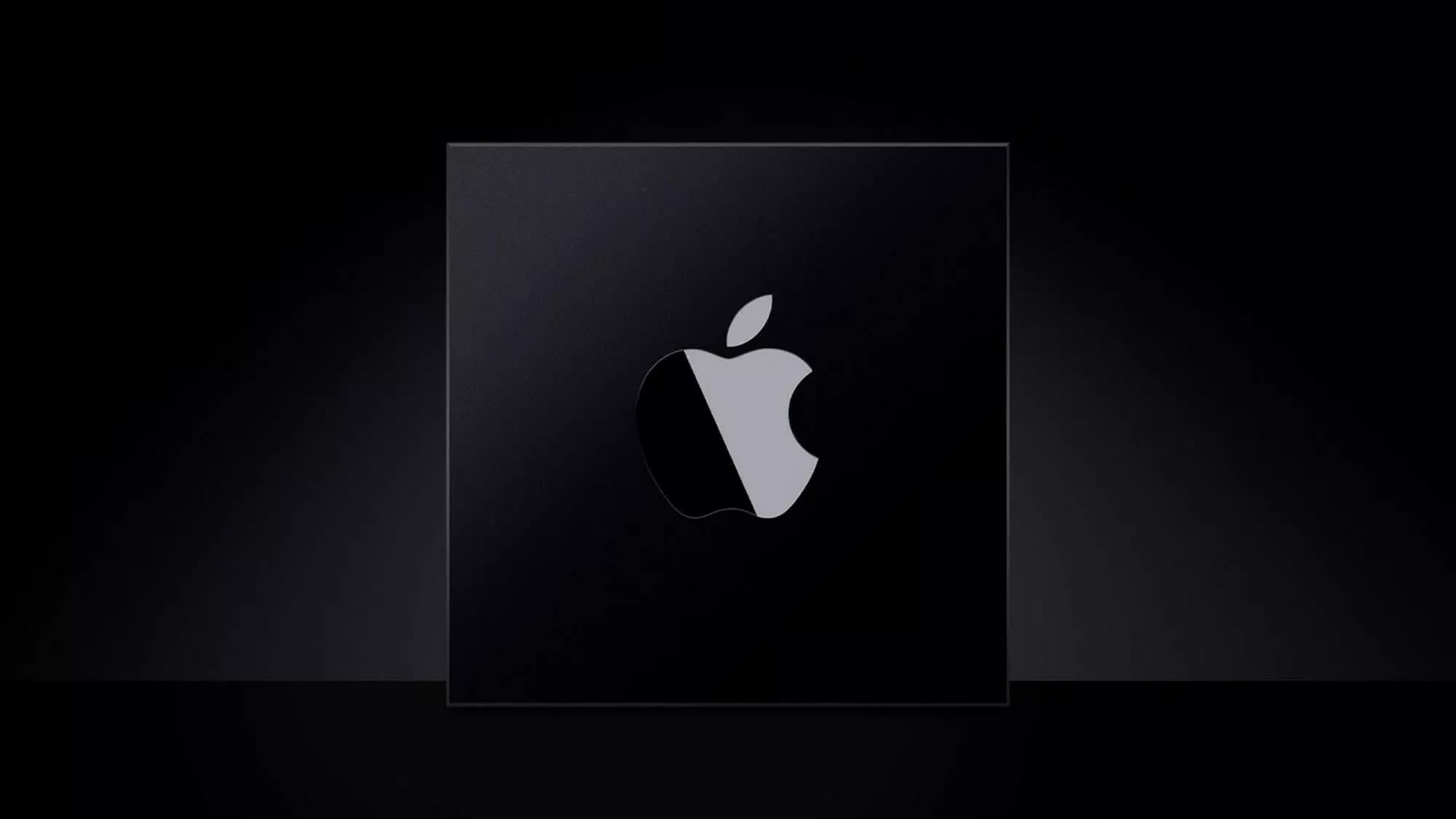TL;DR: Apple COO Jeff Williams reportedly made a discreet visit to TSMC's facilities recently to discuss securing the company's cutting-edge 2nm manufacturing capacity for Apple's future AI chips.

TSMC is Apple's exclusive supplier for its powerful A-series and M-series processors, which are found in iPhones, iPads, and Macs. The Taiwanese chipmaker has maintained a solid lead over rivals in developing ever-smaller and more advanced chip fabrication processes.
According to the Taiwanese publication Economic Daily News, Williams' under-the-radar meeting with TSMC's President C.C. Wei was to finalize a deal reserving the initial 2nm production for Apple. This seems plausible, given it mirrors Apple's previous moves to secure the entirety of TSMC's 3nm capacity for chips like the A17 Bionic in the iPhone 15 Pro and the M3 silicon powering the latest Macs.
By securing manufacturing capacity before rivals, Apple ensures ample supply to meet the demand for its own products while denying competitors early access to TSMC's latest processes. This strategy gives Apple's in-house chips a performance edge over Android devices and Windows PCs using slightly older fabrication nodes.

The potential 2nm deal takes on added significance with Apple's increasing focus on AI. As previously revealed by Apple CFO Luca Maestri, the company has invested over $100 billion in generative AI R&D over the past five years. Apple is also expanding its own data centers to handle complex AI workloads.
Rumors indicate that iOS 18, expected to be unveiled at WWDC in June, will integrate advanced AI capabilities similar to Android's recent Gemini Nano rollout. One of the most significant upgrades potentially includes a more powerful version of Siri, enhanced by ChatGPT.
To power these AI features, Apple is reportedly developing dedicated "AI chips" for its data center servers, tasked with handling the heavy computing required for large language models and other resource-intensive AI tasks.
These server-grade processors would handle the heavy lifting for Apple's cloud AI services, complementing the on-device capabilities of future iPhones and iPads. Securing TSMC's initial 2nm capacity could give Apple a critical performance and efficiency advantage over rivals relying on older process nodes.
Apple's secret meeting with TSMC could be a move to lock down chipmaker's 2nm tech